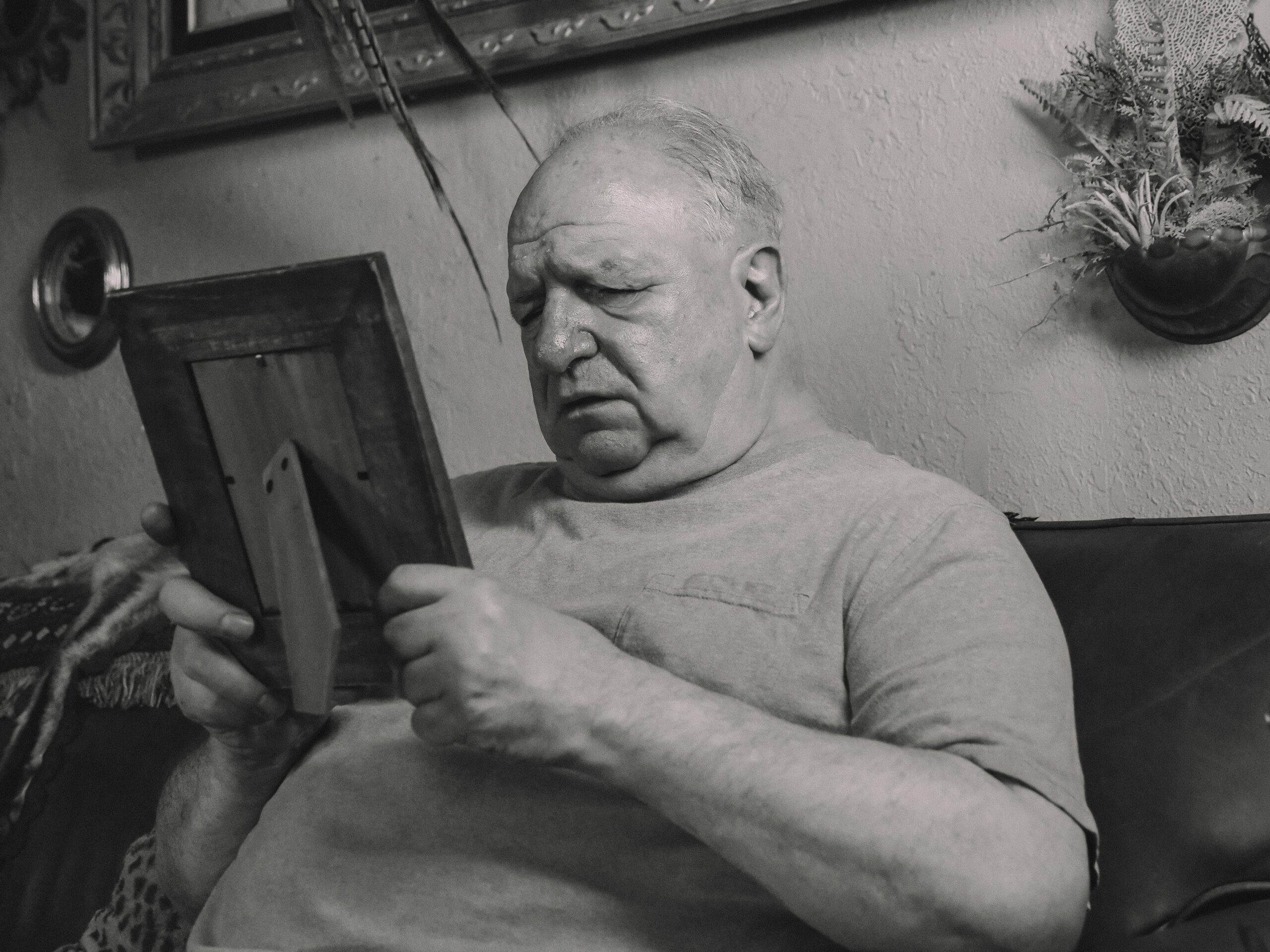
Dementia Counselling
The word ‘dementia’ describes a set of symptoms that can include memory loss, difficulties with thinking, problem-solving, and language. These changes are often small to start with, but for someone with dementia, they can become severe enough to affect daily life. A person with dementia can also experience changes in their mood and behaviour.
According to the Alzheimer’s society, there are 800,000 people currently living with dementia in the UK, and there is clear evidence that this is on the increase. Dementia is caused when there is damage to the neurons in the brain, and once the brain cells are injured, they lose their ability to communicate with other cells leading to dysfunction. The symptoms that an individual with dementia may experience will depend on the part of the brain that is damaged.

Signs and Symptoms of Dementia can be;
- Day-to-day memory, such as difficulty recalling events that have happened recently
- Difficulty in concentrating, planning, or organizing, such as making decisions problem-solving, or carrying out tasks
- Language, such as difficulties in following a conversation or finding the right word for something
- Visuospatial skills, such as problems judging distances and seeing objects in three dimensions
- Orientation, such as losing track of the day or date or becoming confused about where they are
Coming to terms with the diagnosis of dementia can be extremely hard, not just for you but for your friends and family members. The illness is a slow process making the grieving process of losing your loved one slow.
If you have dementia, you may feel sad and frustrated because this is happening to you. You might be worried about the future and may even be worried about your family and your friends. If you are a family member or friend of someone who has dementia, you may be finding it hard to deal with the loss of your loved one, or you may be finding it hard to meet the needs of your loved one.

Whatever the issue and whether you are the one suffering from dementia or you are a family member or friend, Be U Counselling Service in Poole, Bournemouth, and Dorset, can help you. Our challenge is not to cure the illness – since it does not have a cure – but offer effective counselling which can provide a safe space where you can learn to come to terms with the diagnosis. It can help you, to manage the change that the illness brings in to your life and family members.





